Do you have a Schnauzer at home, or are you planning to get one? This is an excellent choice, because they're loyal, loving, an excellent guard dogs, as one of their most typical behavioral characteristics is their high level of alertness.
The different sizes of Schnauzer dogs make them a very adaptable breed that for a wide range of environments and open spaces. However, providing them with sufficient space is not enough; you also need to know what basic care is required for this wonderful dog.
1- What is a Schnauzer's coat like?
Schnauzers, from Miniature to Giant, require special care to keep their coat in good condition. Even though they molt much less frequently than other dogs, and their hair is hypoallergenic, their fur still consists of two layers:
- The outer layer acts as a protective barrier and has a tough, wiry texture.
- The inner layer has a softer consistency, similar to the texture of cotton.
Another important aspect that needs to be mentioned about a Schnauzer's fur is that it doesn't fall out unless it has a disease. This feature also means that this coat requires regular care and attention.
Coat care doesn't simply refer to aesthetics or style: A dog with a healthy coat is a dog with good internal health.
2- Brushing a Schnauzer's Hair
A Schnauzer's coat is prone to developing knots, and the best way to prevent this is by brushing it regularly, preferably by using a soft bristled brush.
Between 12 and 15 months of age, the young Schnauzer should be brushed on a daily basis, since it is growing its final adult coat. This prevents any dead puppy hair from tangling with newly growing fur.
Once it surpasses 15 months of age, the adult Schnauzer doesn't need to be brushed on a daily basis. However, it should be done periodically a few times a week.
Obviously, you must also brush the beard and leg fur. Remember that brushing is not only necessary for a healthy coat, but it is also a habit that can healthily discipline your dog and will eventually become enjoyable for your pet, although at first it may be a little worried.
3- Bathing a Schnauzer
The frequency with which you should bath a Schnauzer will obviously vary according to its size. A Miniature Schnauzer requires a bath roughly once every 10 days. However, Giant or Standard Schnauzers will need bathing around once a month.
However, in any case, it is always essential to use a shampoo that's specifically for pets, as human shampoo can be harmful and does not suit a Schnauzer's kind of hair and dermis at all.
It is not advisable to let the fur air dry. The best option is to use a hairdryer to at least remove most of the moisture from both layers of the coat.
4- Haircuts for a Schnauzer
You can start to trim your Schnauzer's fur from 15 months old. Obviously, just like any other breed, your Schnauzer dog this will need regular cutting to keep its coat in top condition.
However, cutting a Schnauzer's fur is not as simple as it may seem. With these dogs, it is recommended to use a technique called trimming or stripping which consists of removing or plucking the dead hair, rather than cutting the wiry outer coat. These practices are mainly used on show dogs. Many owners opt for more conventional techniques, because stripping by plucking can be painful for the dog.
Being a wire-haired dog, shaving a Schnauzer's fur would cause it to lose its characteristic texture, giving its hair a fine, cotton-like appearance.
here some HAIRCUT STYLE FOR SCHNAUZER
5- Other tips for caring for a Schnauzer's coat
If you want your Schnauzer to always have a healthy coat, pay close attention to the following tips:
- Food is essential. It is recommended to give your dog a boiled egg yolk once a week.
- During the molt, you should go to your vet for advice on vitamin complexes or nutritional supplements which are based on essential fatty acids.
- During the summer, your dog shouldn't be exposed to the sun in the middle of the day, as this could dehydrate and dry out its coat.
- If you observe any sign of injury to your dog's skin it is essential to go to the vet.

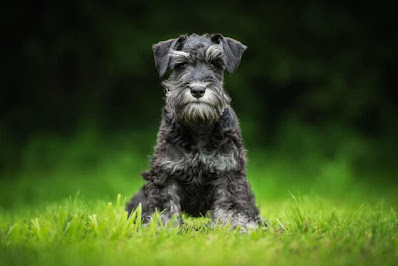
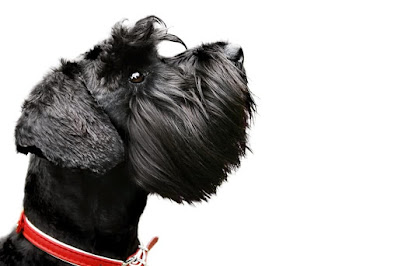
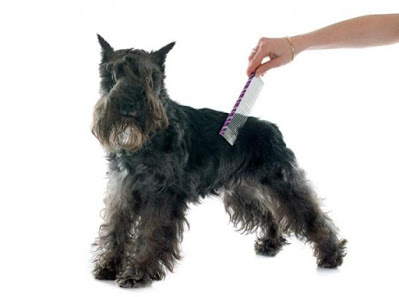
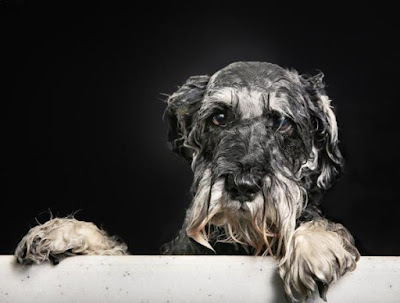
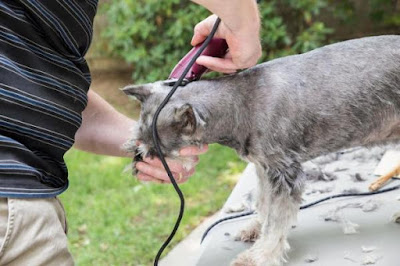
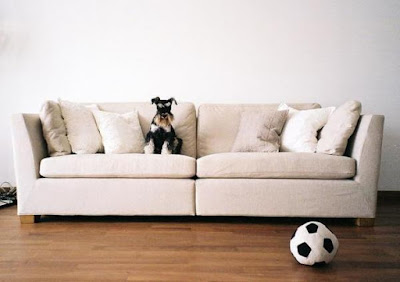



0 Comments